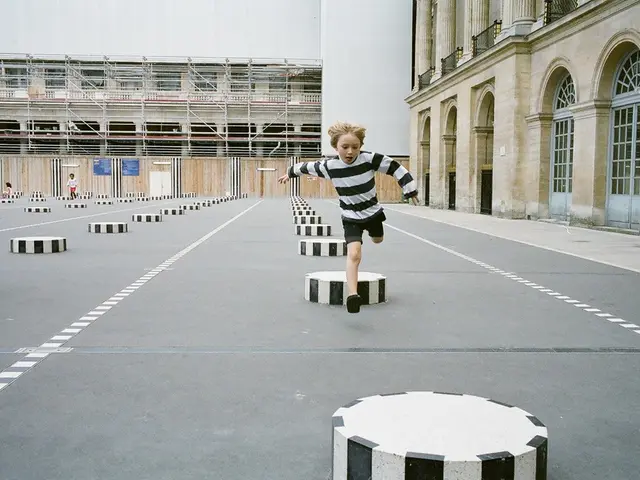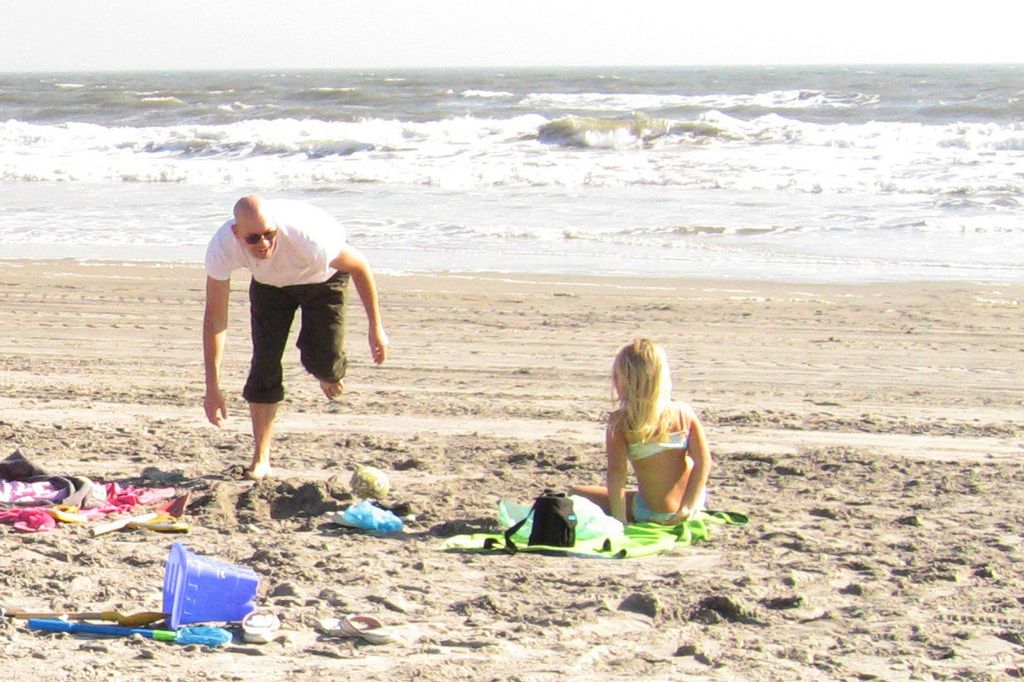Strategies for Cultivating Present-Moment Awareness: Mindfulness Mastered
Feeling overwhelmed by life's anxieties? Worry no more, my friend, because mindfulness might just be the tonic you need!
Roxanne B. Sukol, MD, a wellness and breast medicine specialist, explains that mindfulness is all about living in the moment. If you're fixated on the what-ifs of the future or the regrets of the past, you're missing out on the beauty of today.
Why Practice Mindfulness?
Mindfulness offers a simple yet powerful way to combat stress and find tranquility. You don't need fancy equipment or hours of practice to reap its benefits. In fact, it's something you can start doing right now!
"Think about how going for a great walk makes you feel somehow brighter, or empowered," says Dr. Sukol. In addition to stress relief, practicing mindfulness can help you feel calmer and more relaxed.
Studies have shown that better breathing and deeper breathing - both aspects of mindfulness practice - can boost your overall health. More oxygen flowing to your brain could improve your concentration and problem-solving skills.
Mindfulness and meditation are like peas in a pod. As Dr. Sukol discovered in her meditation journey, they can help you feel grounded, relaxed, and more measured, less reactive.
How to Embrace Mindfulness
Meditation is a fantastic way to get started with mindfulness. Contrary to popular belief, you don't have to dedicate large chunks of time to meditation.
"Everyone thinks you have to commit to meditate for 10, 15 or 20 minutes," says Dr. Sukol. "But I usually recommend starting with a one-minute meditation."
Find a quiet spot, close your eyes, breathe in for five seconds, and then breathe out for five seconds. Repeat this five more times, and voila! You've completed your first mindfulness session.
You can practice this one-minute meditation at work, upon reaching your first destination of the day, or even in your car. The goal is to find a place where you're unlikely to be disturbed.
20 Ways to Bring Mindfulness into Your Life
Meditation isn't the only way to be mindful. Here are 20 additional tips to help you incorporate mindfulness into your daily life:
- Get a relaxing massage.
- Plant some flowers in your garden.
- Do some yoga poses.
- Go hiking in the woods.
- Go fishing by the river.
- Relax by a roaring fireplace.
- Immerse yourself in a good book.
- Eat lunch outside, enjoying the fresh air.
- Take a pottery class for a creative outlet.
- Treat yourself to a manicure or pedicure.
- Take your furry friend for a walk.
- Knit or crochet to keep your hands busy.
- Join a book club with friends for stimulating discussions.
- Savor a hot cup of tea, savoring every sip.
- Do a hands-on craft like woodworking or painting.
- Camp under the stars for a night of stargazing.
- Write in your journal, purging your thoughts.
- Witness a sunrise or sunset, marveling at nature's beauty.
- Go for a refreshing swim in a pool or the ocean.
- Listen to soothing classical music to unwind.
Getting Started with Mindfulness
Experiment with various activities from the list above to find what resonates with you. The goal is not to do everything but to discover what works for you. Some days, you may feel drawn to a high-energy activity, while other days, a more relaxed option might be needed.
Maintaining focus in the present moment takes practice. But there's no one-size-fits-all approach to mindfulness. The key is to set achievable goals and take tiny steps to ensure success.
"We set ourselves up for failure when we expect too much," says Dr. Sukol. "Instead, focus on taking very tiny steps and make your goals accessible to guarantee that you'll be successful."
Remember to pay attention to your breathing to help you stay centered. If your mind wanders, gently bring it back to your breath without judgment. Practice makes progress, and perfection isn't the end goal. The journey of mindfulness is endless!
Be kind to yourself, and remember it's ok to be compassionate and do things that are beneficial for your well-being. Your loved ones will thank you for it!
- Incorporating mindfulness can help combat stress and promote tranquility, requiring no specialized equipment and offering immediate benefits.
- Mindfulness practices such as better breathing and deeper breathing have been shown to boost overall health, potentially improving cognitive functions like concentration and problem-solving skills.
- Meditation and mindfulness are closely related; starting with a simple one-minute meditation can be an effective way to get started, requiring only a quiet spot for focus and a minute of consistent breathing.
- There are numerous ways to practice mindfulness beyond meditation, such as activities like getting a massage, going for walks, or engaging in creative hobbies like knitting, painting, or woodworking.
- To begin your mindfulness journey, experiment with different activities and find what resonates with you, setting achievable goals and taking small steps to ensure success, while always paying attention to your breathing to stay centered and progress slowly.








